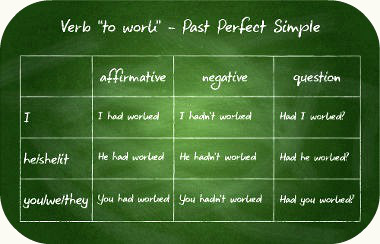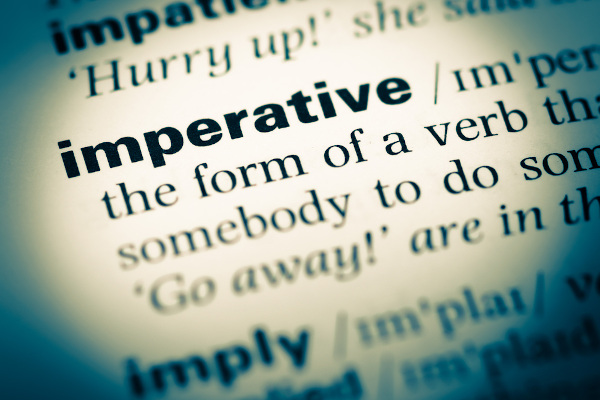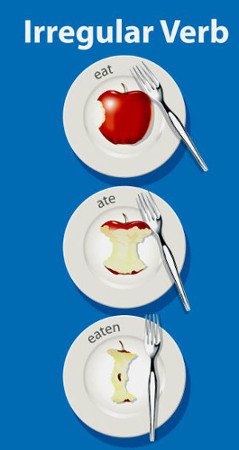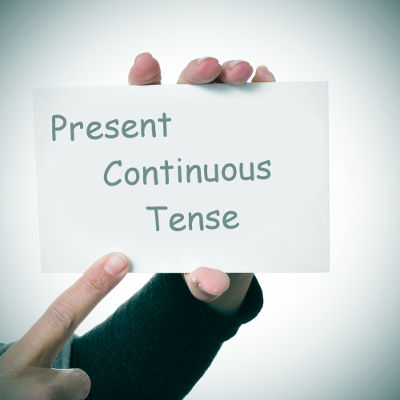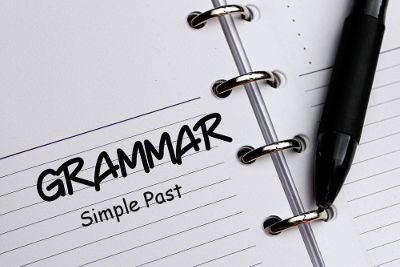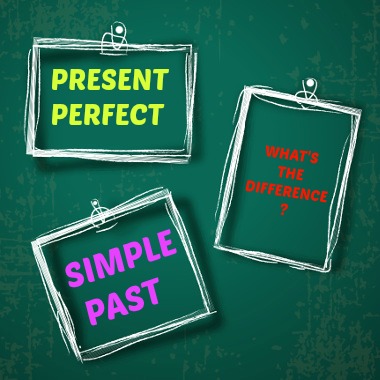We use the Past Perfect to refer a time earlier than before now. It seems weird, but it is not. Its use shows clarity that one action happened before another in the past. It doesn't matter which one is mentioned first in the sentence, because the sentence itself will make clear which one happened first. / Usamos o Passado Perfeito para nos referirmos a um tempo anterior do que antes de agora. Parece estranho, mas não é. Ele é usado para mostrar claramente que uma ação acontece antes de outra no passado. Não importa qual das ações é mencionada primeiro, pois a própria oração deixará claro qual das duas ocorreu primeiro.
Look at the examples and notice the first and the second actions in the sentences: / Veja os exemplos e perceba a primeira e a segunda ação nas orações:
Elise had gone out when her mother arrived at home.
-
First Action / Primeira Ação = Elise had gone out
-
Second Action / Segunda Ação = when her mother arrived at home.
When I arrived at my job, my boss had already started the meeting.
-
Second Action / Segunda Ação =When I arrived at my job
-
First Action / Primeira Ação =my boss had already started the meeting.
My friend Carol had saved her article before the lights went out.
-
First Action / Primeira Ação = My friend Carol had saved her article
-
Second Action / Segunda Ação = before the lights go out.
I was very hungry, because I hadn't ate well.
-
Second Action / Segunda Ação = I was very hungry
-
First Action / Primeira Ação = because I hadn't ate well
→ The Past Perfect Form / A forma do Passado Perfeito
This tense is composed of two parts: / Esse tempo é composto de duas partes:
1°: The Past Tense of the verb To Have (had).
1°: O passado do verbo “to have” (ter) (had / tinha).
2°: The Past Participle of the Main verb.
2°: O particípio passado do verbo principal.
Look: Subject + had + past participle
Veja: Sujeito + had + particípio passado
Examples: / Exemplos:
Affirmative: He had gone. / Ele tinha ido.
Negative: He hadn't gone. / Ele não tinha ido.
Interrogative: Had he gone? / Ele tinha ido?
Lets see the conjugation of the verb “to talk” in the Past Perfect: / Vejamos a conjugação do verbo “falar” no passado perfeito:
Affirmative /Afirmativa
I had talked. / Eu tinha falado.
You had talked. / Você tinha falado.
He had talked. / Ele tinha falado.
She had talked. / Ela tinha falado.
We had talked. / Nós tínhamos falado.
You had talked. / Vocês tinham falado.
They had talked. / Eles tinham falado.
Negative / Negativa
I hadn't talked. / Eu não tinha falado.
You hadn't talked. / Você não tinha falado.
He hadn't talked. / Ele não tinha falado.
She hadn't talked. / Ela não tinha falado.
We hadn't talked. Nós não tínhamos falado.
You hadn't talked. / Vocês não tinham falado.
They hadn't talked. / Eles não tinham falado.
Interrogative / Interrogativa
Had I talked? / Eu tinha falado?
Had you talked? / Você tinha falado?
Had he talked? / Ele tinha falado?
Had she talked? / Ela tinha falado?
Had we talked? / Nós tínhamos falado?
Had you talked? / Vocês tinham falado?
Had they talked? / Eles tinham falado?
Look at more examples: / Veja mais exemplos:
They had never seen such a big monument before they came here.
Eles nunca tinham visto um monumento tão grande antes de virem aqui.
I didn't have any pencil because I had lost my pencil case.
Eu não tinha nenhum lápis porque eu tinha perdido meu estojo.
Klein knew Amelia so well because he had gone out with her many times.
Klein conhecia Amelia tão bem porque ele tinha saído com ela muitas vezes.
Had you ever studied French before your parents moved to Paris?
Você já tinha estudado francês antes de seus pais se mudarem para Paris?
I had never been to an Cosplay championship I went last night.
Eu nunca tinha ido a um campeonato de Cosplay antes de eu ir ontem à noite.
Aproveite para conferir nossa videoaula sobre o assunto:


